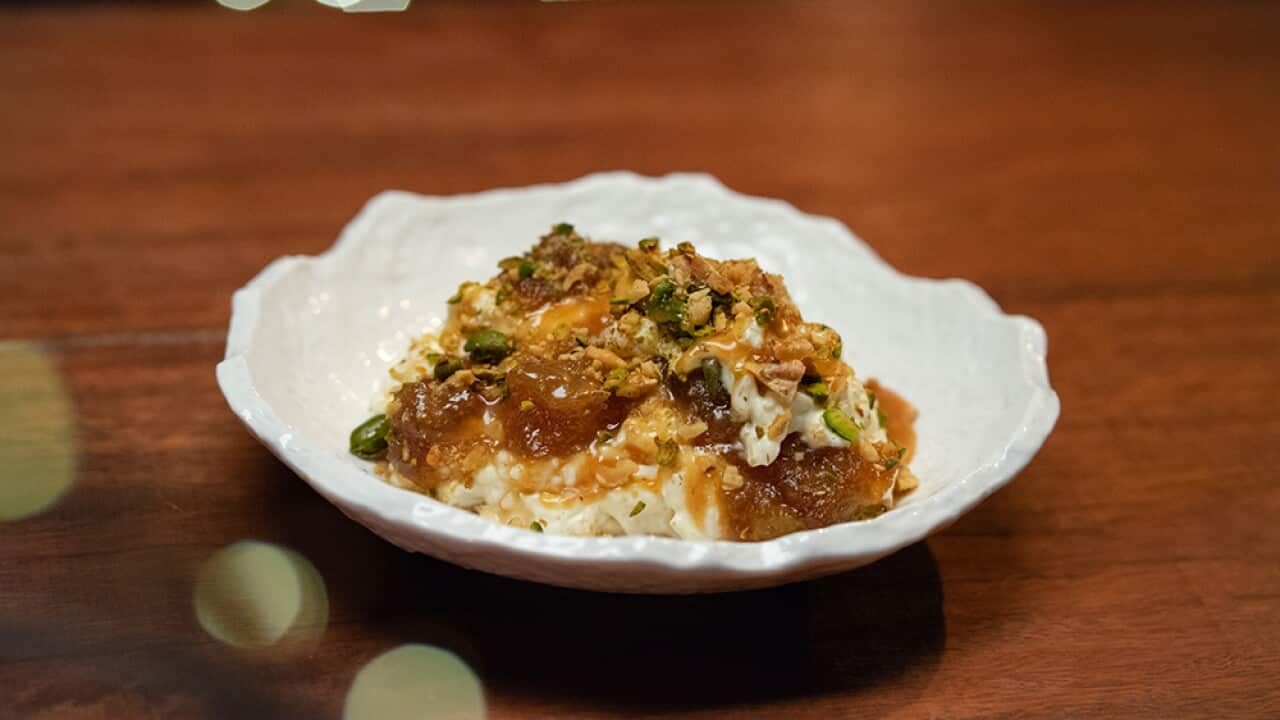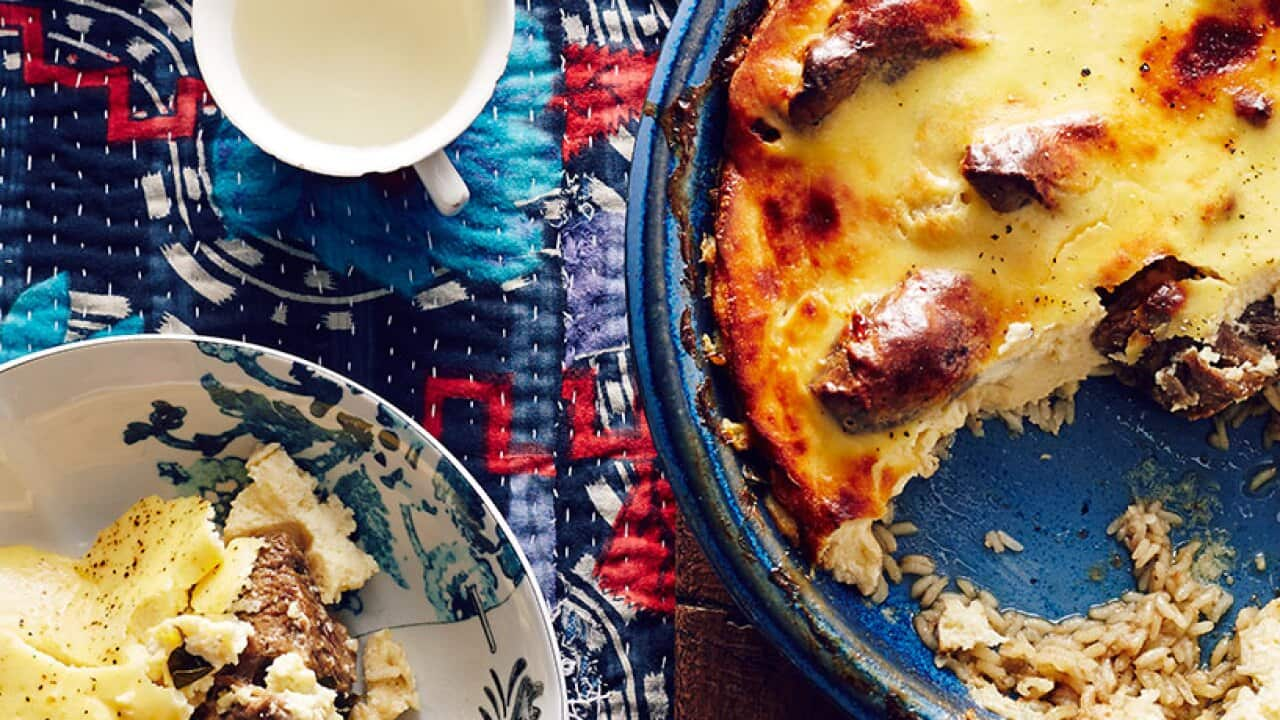This weekend there’s a good chance you’ll end up feeling hangry: a confusing but justified blend of hungry and angry.
kicks in on Sunday 7 October. For people living in NSW, Victoria, South Australia, the ACT and Tasmania, that means putting your clock one hour forward.
While one hour that doesn’t feel like a significant threat to your sleeping and eating patterns, it turns out that delaying your lunch or dinner by 60 minutes could cause you bodily chaos.
If we eat one hour earlier than usual, by the time our regular bedtime comes around, we might still be hungry and snack after dinner.
“Every year, it’s easy to blow off daylight savings thinking it’s only a one hour time difference,” co-founder of Sleepy Starz and sleep consultant, Emily Duffell tells SBS.
“But daylight savings is not a harmless event. Our body clocks work with light and darkness to produce melatonin – a sleep hormone. When we put our clocks forward an hour, our eating patterns change and this causes a problem, as our body clock has [previously] been set to eat at a certain time.”
If we eat one hour earlier than usual, by the time our regular bedtime comes around, we might still be hungry and snack after dinner.
“After daylight savings, you may end up introducing an extra post-dinner snack into your diet that you wouldn’t normally have. You may also snack on the wrong kinds of foods and drinks, which are high in sugar or caffeine, that are detrimental to your sleep.”
Duffell says it could take some adults and children a week to overcome the loss of one hour’s sleep and return to their normal eating and sleeping patterns.
What you eat determines how you sleep
The good news is that by eating foods containing the amino acid, tryptophan, we may be able to induce sleep and counteract the hangry effects of daylight savings.
“Foods high in tryptophan help in the production of serotonin, which then helps melatonin production (also known as the ‘sleepy hormone),” she says.
Research shows that tryptophan has direct effects on sleep. A notes that consuming tryptophan makes you sleepy and decreases total wakefulness. This improved quality of sleep is associated with improvements in cognition, morning alertness and attention span.
As sleep professionals, we’d be encouraging healthy snacks high in tryptophan and I’d also certainly encourage people to have rice for dinner.
Eat rice to fall asleep
So where do we find naturally occurring tryptophan?
Raw soybeans, eggs, chickpeas, turkey, tamarind and some types of fish are all high in the amino acid. Yet one of the most versatile and culturally rich foods high in tryptophan is rice.
“As sleep professionals, we’d be encouraging healthy snacks high in tryptophan and I’d also certainly encourage people to have rice for dinner.”
That means tucking into rice-based Indian, Chinese, Thai, Vietnamese or Malaysian meals at night could be the best sleep strategy around. Or better yet, combine several ingredients rich in tryptophan to form one sleep-inducing meal like tamarind chickpea curry with rice.
If you are having rice for breakfast, it’s not a bad thing because the production of melatonin works naturally with your body clock.
Duffell says it’s okay for people to have the Chinese rice porridge – congee – in the lead up to and after daylight savings, even though this rice dish is most often served at breakfast when we are trying to wake up.
“If you are having rice for breakfast, it’s not a bad thing because the production of melatonin works naturally with your body clock.”
READ MORE

9 reasons to eat rice for breakfast
A shows that eating a meal of starchy rice four hours before bedtime could help with insomnia. It found that carbohydrates with a high glycemic index, like jasmine rice can help hasten sleep.
The researchers tested jasmine rice against long grain rice and found that consuming jasmine rice four hours before bedtime helped study subjects fall asleep after nine minutes.
Start preparing your rice dinners now
Duffell says it’s a good idea to start eating rice-rich dinners in the days leading up to daylight saving and after to gradually overcome the one hour loss in sleep.
“Start making little changes each day,” she says. “Just bring your bedtime forward 5-10 minutes earlier each night and introduce foods high in tryptophan like rice to help you sleep.”








